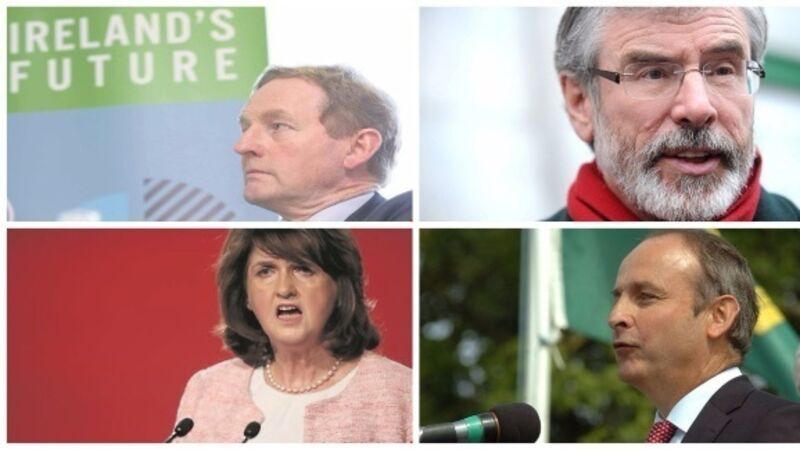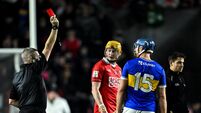A real leader is needed but how likely are we to get them now?

TWO questions. Does anyone really want to govern this little country of ours? And secondly, what is all this guff about new politics?
New politics, you’d have thought, involves leadership and vision. More to the point, it involves a willingness to do business out in the open, and a sense of honesty about mistakes. All we’ve had, since the election, is the usual mooching around behind dark windows.












